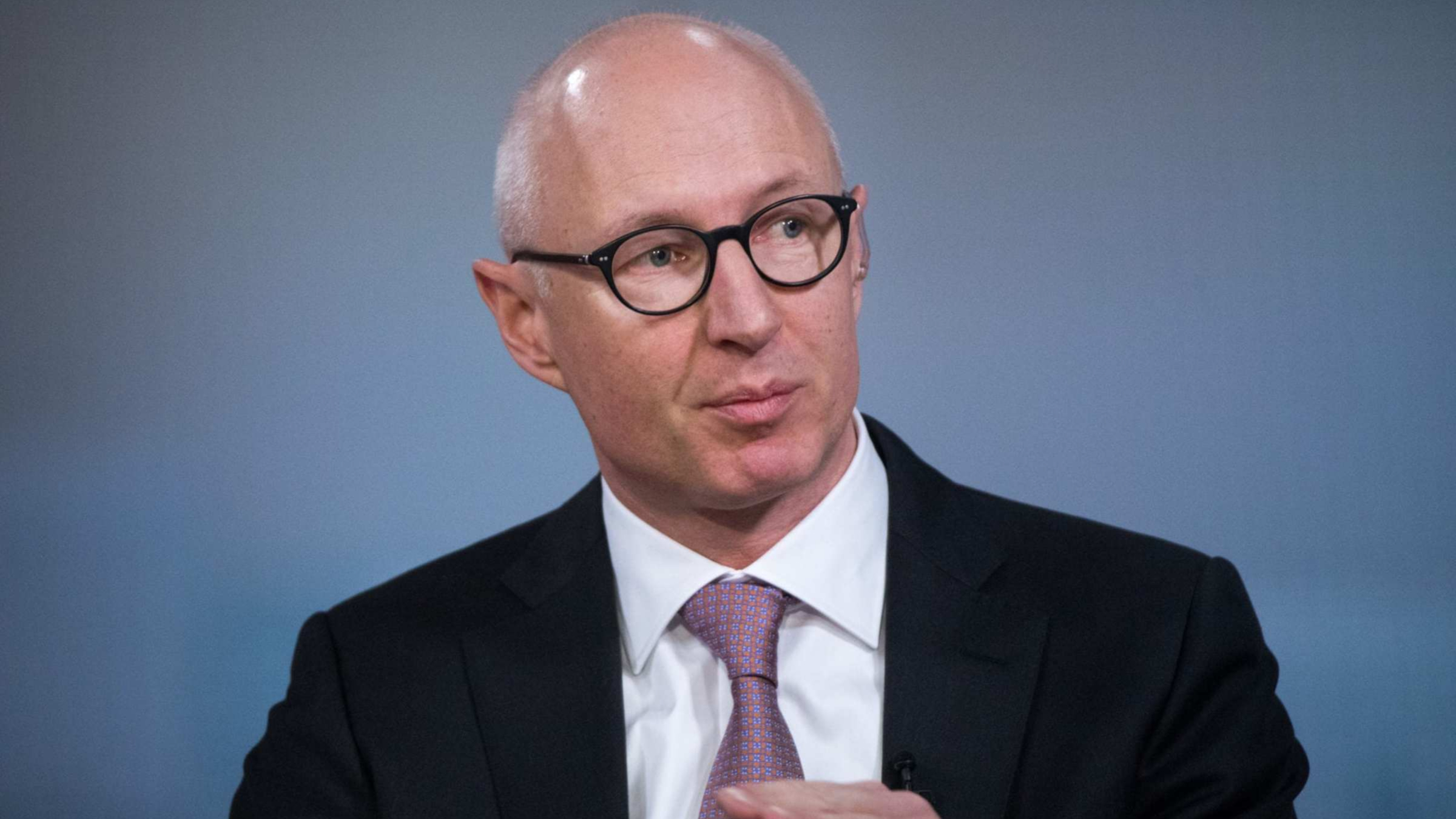
Lars Fruergaard Jorgensen, Novo Nordisk CEO (Photographer: Chris Ratcliffe/Bloomberg via Getty Images)
Novo Nordisk to spend $747M+ on expansions and new facility in Denmark
The Danish pharma giant Novo Nordisk is making a major expansion close to home.
The company announced on Tuesday that it plans to invest 5 …
Sign up to read this article for free.
Get free access to a limited number of articles, plus choose newsletters to get straight to your inbox.